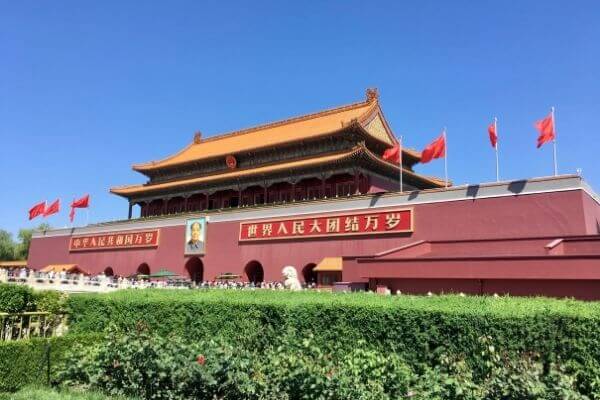
On 10 June 2021, the Standing Committee of the National People's Congress passed the “Anti-Foreign Sanctions Law of the People's Republic of China” (hereinafter referred to as the “Anti-Foreign Sanctions Law ”, 中华人民共和国反外国制裁法), which aims to provide sufficient legislative safeguards for China’s law enforcement agencies and judicial bodies to adopt measures to retaliate against sanctions.
Previously, China has already taken countermeasures in response to unjustified foreign sanctions. For example, China’s Ministry of Commerce enacted the “Provisions on the Unreliable Entity List” (不可靠实体清单规定) in September 2020, and the “Rules on Counteracting Unjustified Extra-territorial Application of Foreign Legislation and Other Measures” (阻断外国法律与措施不当域外适用办法) in January 2021. However, such countermeasures are just retaliatory measures as departmental rules (部门规章), which is at a relatively low level of force in China’s legal system, and the impact that such countermeasures will bring about is still unclear.
The enactment of the Anti-Foreign Sanctions Law provides the basis for counter-sanction measures at the legislative level, as well as adequate protection for Chinese entities and individuals.
Cover Photo by Yuchen Dai (https://unsplash.com/@yuchen_dai) on Unsplash
Contributors: CJO Staff Contributors Team









